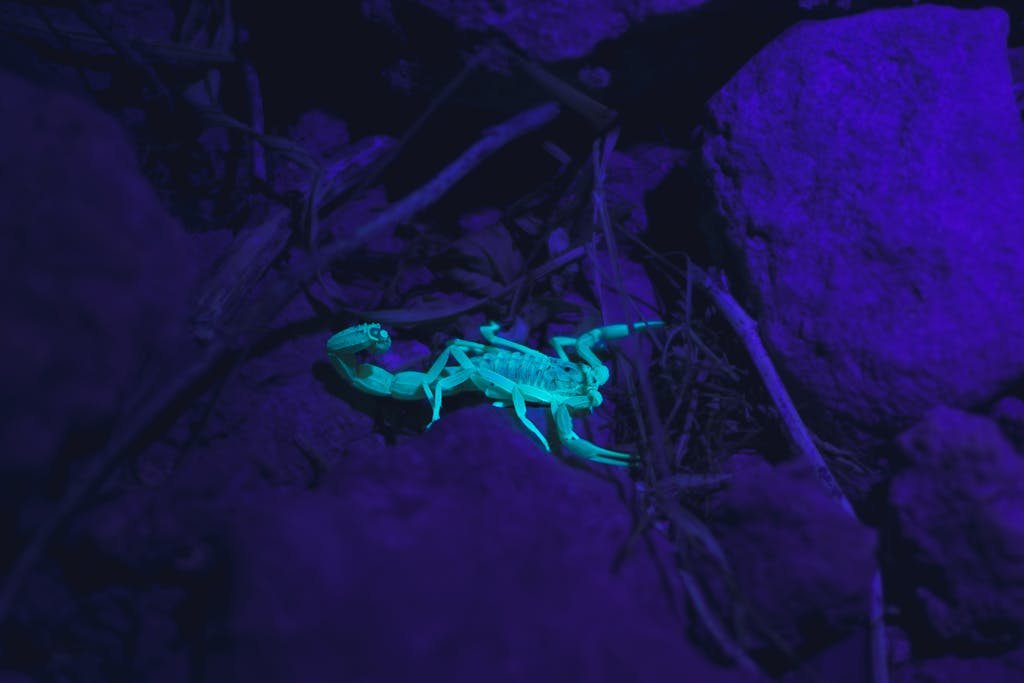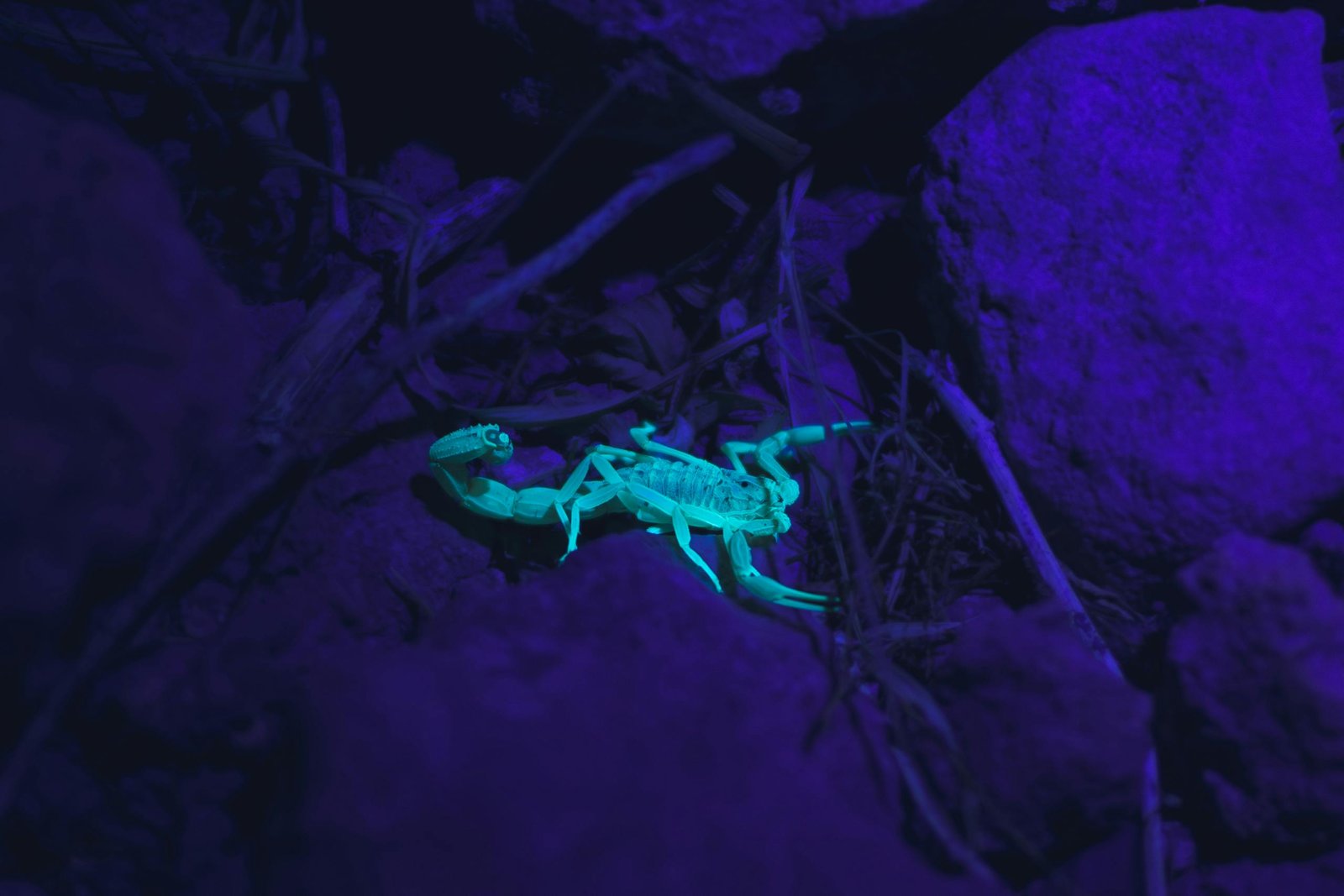Scorpions
Scorpions are nocturnal arachnids known for their segmented tails and venomous stingers. They are often found in warm, dry climates and seek shelter in dark, cool areas like rocks, wood piles, and basements. Scorpions are solitary hunters, feeding primarily on insects.
Appearance
Scorpions in the Middle East range in size, with colors varying from pale yellow to dark brown and black. The Arabian fat-tailed scorpion and the deathstalker are two of the most notable species due to their potent venom and distinctive appearance.
Life Stages
Scorpions go through three primary stages: birth, nymph, and adult. Females give live birth to a brood of nymphs, which stay on the mother’s back until their first molt. Scorpions can live 3 to 5 years, sometimes longer, depending on the species and environmental conditions.
Seasonal Activity
Scorpions are most active during the warmer months, particularly in spring and summer. In colder months, they may seek shelter indoors, making infestations more likely.
Dangers and Risks
Health Risks: Several scorpion species in the Middle East have venom that can cause severe pain, swelling, and systemic reactions. Species like the deathstalker have venom potent enough to be life-threatening, especially to children, the elderly, and individuals with allergic sensitivities. Immediate medical attention is necessary if stung by a venomous scorpion.
Property Damage: Scorpions don’t cause direct damage to property, but their presence can pose a health risk, leading to concerns in homes, gardens, and outdoor living areas.
Prevention and Control Tips
This section should include signs to watch for, simple DIY methods, and preventive measures to protect homes or properties from pests.
Prevention Methods
Clear debris, rocks, and vegetation away from building foundations. Seal any cracks or gaps in walls, doors, and windows. Install door sweeps and window screens to block entry points.
Signs of Infestation
Signs include sightings of scorpions around the property, particularly near rocks or dark, cool areas. Look for shed exoskeletons and check damp, hidden spaces where they might hide.
DIY Measures
Place glue traps near potential hiding spots like basements, attics, or garages. Use insecticidal dust and sprays in cracks and crevices. Always use a black light at night, as scorpions glow under UV light, making detection easier.
When to Contact a Professional
Professional help is necessary if venomous species like the deathstalker are present or if scorpions are regularly spotted inside the home.
Trap Kill’s Approach to Control
Customized Treatment Plans:
Trap Kill specializes in controlling Middle Eastern scorpions using targeted insecticides and exclusion techniques. Our experts aim to eliminate scorpions and reduce food sources like insects that attract them.
Certified, Eco-Friendly Solutions:
We use certified insecticides that are safe for family and pets while effectively managing scorpion populations. Monitoring and follow-up services ensure that your space remains secure from dangerous scorpions.
















